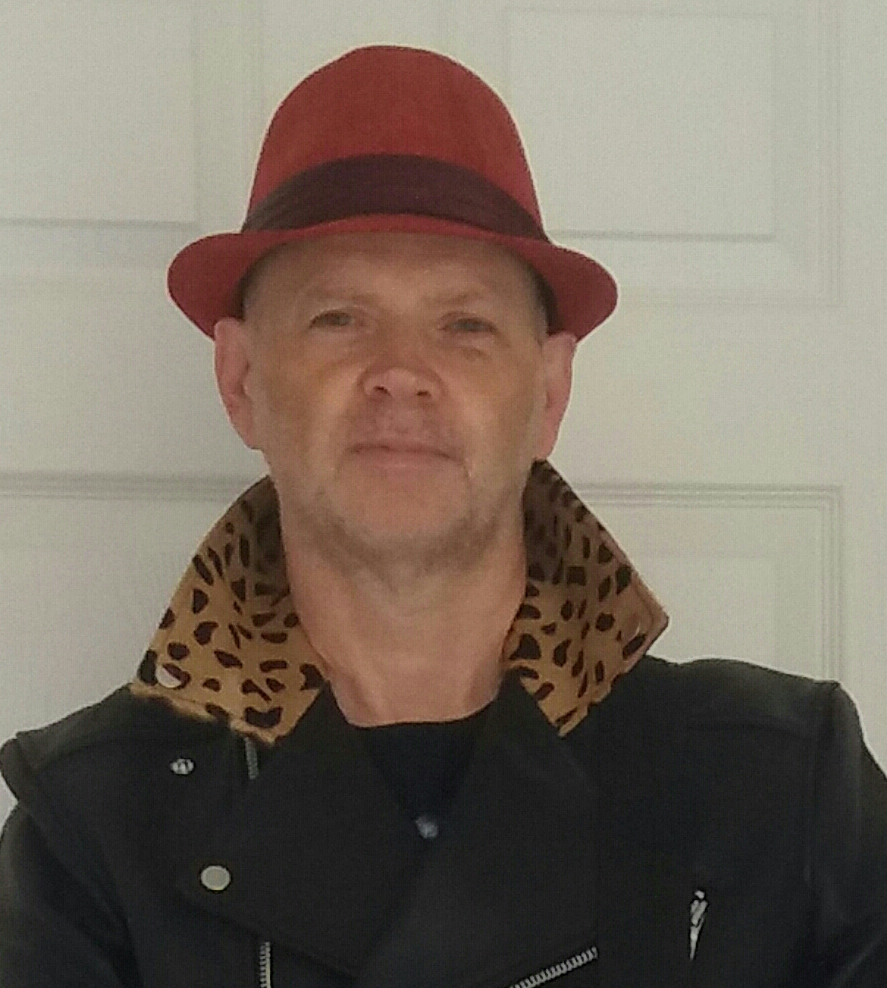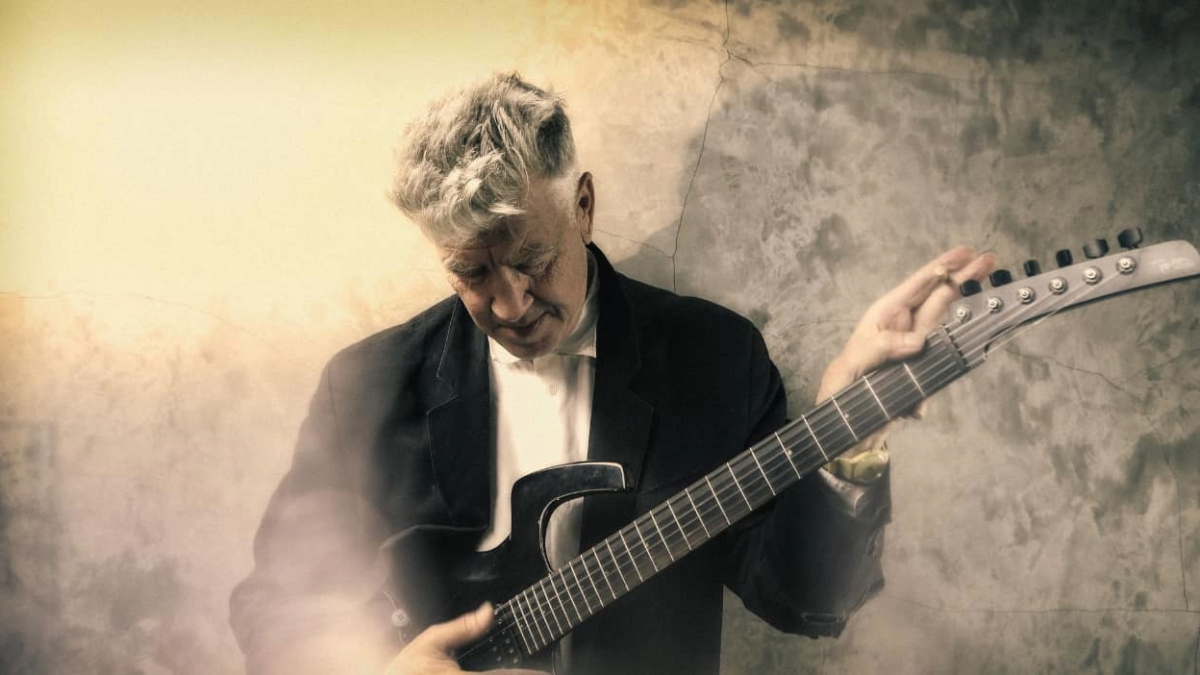“What you don’t play is as important as what you do play. You need the space, as it makes the small things that you do seem bigger”: 5 questions with McKinley James
The soul/blues/rock ’n’ roll aficionado on how he fills out a duo – and why guitarists using pedals to replicate classic sounds are “shooting themselves in the foot”

McKinley James is at the forefront of the current crop of new, young blues guitar players. Named after Muddy Waters (born McKinley Morganfield), it was a no-brainer that he’d gravitate toward the blues, although for James, there’s a hefty dose of vintage Stax soul in the mix.
Eschewing the predictable, over-the-top flash and bombast of so many axe-slingers, James’ playing is all about tone, touch and taste, with a mighty injection of hard-rocking energy in the mix.
You started out on Hammond organ. When and why did you move to guitar?
“I switched to guitar when I was about 11. I was never really super-serious about the Hammond, but I was hugely into Booker T. We had an old video of Booker T. & the MGs backing a whole bunch of Stax artists; watching Steve Cropper playing on that was what made me want to switch. Then I got into Link Wray and the great blues guys like Magic Sam and Otis Rush.”
You’ve gone from a three-piece to a two-piece – just you and Jason Smay (JD McPherson, ex-Los Straitjackets) on drums. What prompted the change?
“Our Hammond player left in October 2022. We thought we should see how things panned out as a duo, and we really liked the way it sounded. It caused me to change the way I play as well.
“I thought it might be easier to cover more sonic territory if I tried to play with a fingerstyle approach, with the thumb covering some of the bass range. It’s all about the size of the guitar tone to make things work without a bass player; I used to only play on the bridge pickup, but now I’m playing much more [on the] neck pickup.”
All the latest guitar news, interviews, lessons, reviews, deals and more, direct to your inbox!
You have an economical style. Do you find that you deliberately stay away from over-playing?
“Definitely. What you don’t play is as important as what you do play. You need the space, as it makes the small things that you do seem bigger – and it makes it more memorable too. If you play a whole bunch of notes, it doesn’t resonate as much for the listener.”
I don’t use any pedals. Growing up, I never had pedals – and all the guitarists I loved never used pedals either
What are your primary electric guitars and amps?
“I’ve got a TK Smith Roadmaster that I love to use in the studio and live, but recently, with the switch to the duo format, I’ve been using a 1961 Gibson ES-330 that’s been refinished. It’s fully hollow – there’s no block down the middle, so when you’re on the neck pickup it sounds huge.
“For amps, I usually use a Fender Deluxe or Princeton and a Fender Reverb tank in the studio. Live, I have a Leslie, a Super Reverb and a Bassman, which has all the high end turned off for the extra low end it gives, to help give more weight to the sound.”
You’re not a big fan of pedals, are you?
“No, I don’t use any pedals. Growing up, I never had pedals – and all the guitarists I loved never used pedals either. There’s a lot of people that’ll say they want to try to get a particular classic sound and you’ll see they have this big pedalboard, but the people they’re trying to sound like never used pedals. It’s like they’re shooting themselves in the foot. [Laughs]”
- McKinley James Live is out now via Red Lodge Records.
Mark is a freelance writer with particular expertise in the fields of ‘70s glam, punk, rockabilly and classic ‘50s rock and roll. He sings and plays guitar in his own musical project, Star Studded Sham, which has been described as sounding like the hits of T. Rex and Slade as played by Johnny Thunders. He had several indie hits with his band, Private Sector and has worked with a host of UK punk luminaries. Mark also presents themed radio shows for Generating Steam Heat. He has just completed his first novel, The Bulletproof Truth, and is currently working on the sequel.

